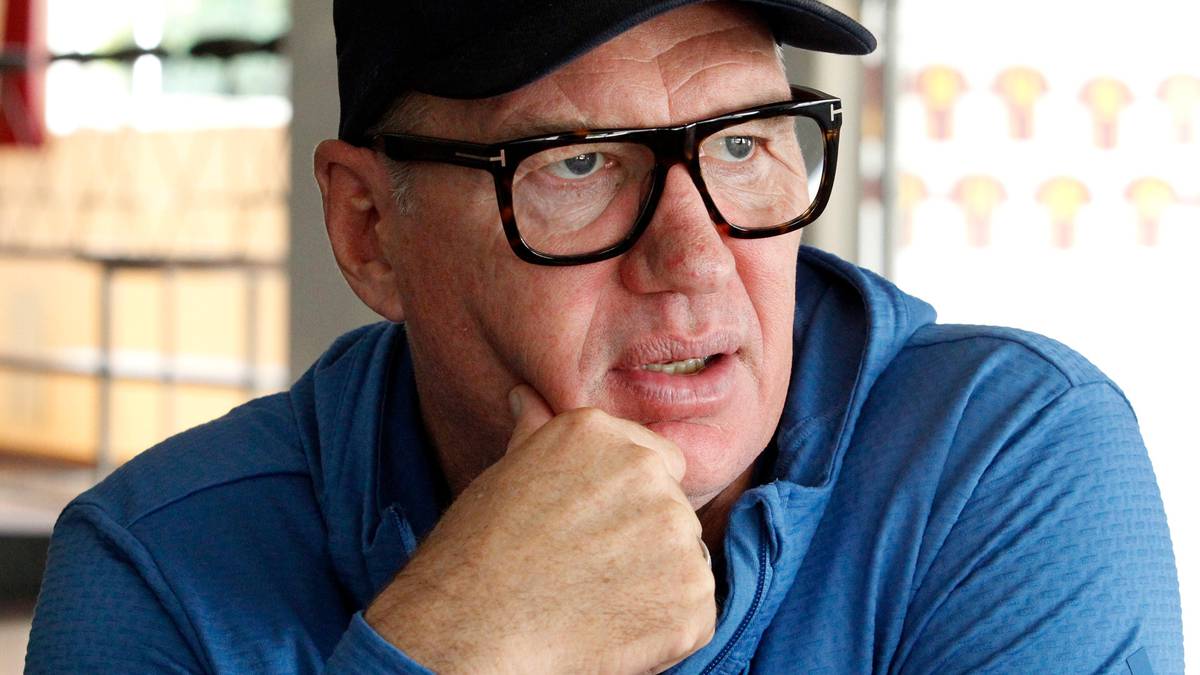OPINION:
It wasn’t long ago the phrase “mental health” meant very little to me.
At school and university, there was limited conversation around the spectrum of topics it encompassed. Back then, I believed it referred entirely to severe mental illness, diagnosed psychiatric conditions and suicide.
Over the years, that narrow understanding lifted. I don’t think it’s down to any one event, but a few things stick out. Sir John Kirwan’s decision to share his story of anxiety and depression seemed to be a major turning point in the national discussion. It propelled conversations on mental health, distress and wellbeing into mainstream spaces that lacked information and awareness. More recently, our high suicide rates, especially among Māori men, has shown serious shortfalls in how we’re doing things. Then there’s my own personal development and understanding of how depression and anxiety affects me.
Now, it’s not uncommon to hear references to work-life balance, wellbeing, and mood and behavioural disorders. Yes, there’s still significant gaps, but the level of awareness and understanding around different facets of mental health has progressed significantly. That change was summarised in He Ara Oranga, the 2018 report on the Mental Health and Addiction inquiry.
“The second main difference that emerged during this inquiry is the striking degree of consensus, from most parts of New Zealand society, about the need for change and a new direction: an emphasis on wellbeing and community, with more prevention and early intervention, expanded access to services, more treatment options, treatment closer to home, whānau and community-based responses and cross-government action,” the report said.
It’s a cultural shift I’m proud to be part of, and one we should value. It’s not often a big, meaty issue intersecting health, welfare and economics attracts broad consensus on steps for moving forward.
That wide-ranging understanding is also why revelations around the latest annual report from the Office of the Director of Mental Health and Addictions services is particularly disappointing. To be clear, these annual reports have a specific remit. They look at clinical activities involving the use of compulsory assessment and treatment legislation. Overall, they provide an important measuring stick for how those most unwell and vulnerable are treated under the umbrella of mental health and addictions.
Reporting from Stuff on the latest report for 2018 and 2019 revealed a lengthy editing process between health bureaucrats. Back and forth emails discussed whether certain metrics, routinely published in previous reports, needed to be included. Concerns appear to revolve around how they would be perceived at release. At one point, there’s a request for a “risk lens”. Another email notes “there is a lot of data and negative statistics but no information of what we are doing in this space”. Eventually, the report was published without data on suicides, wait times and the number of people accessing specialist mental health services.
According to the Ministry of Health and its minister, that information is available elsewhere and does not fall within the required parameters of the report.
Shaun Robinson, chief executive of the Mental Health Foundation, summarised sentiment around what happened.
“Give us the same stuff that you’ve always given us, then give us a good introduction that says this is only part of the picture, we’re now trying to do some new things as well,” he told TVNZ.
“Unfortunately, the emails just paint a picture of trying to minimise the bad news that was going out.”
I’d add it also undoes a lot of goodwill focused on understanding and addressing problems with mental health.
Not everyone will relate to the statistics and treatment practices covered in annual reports from the Office of the Director of Mental Health and Addictions. Narrowing the scope even further by removing data deemed outside the relevant legislation means less of us are likely to know how things work at the most severe end of the mental health system. Data on instances of seclusion and electroconvulsive therapy should always be read in the context of what else is going on. Wait times and the number of people who actually have access to specialist mental health services are part of that. It means we get to ask questions around patterns in the data, like what else is happening in the system that is pertinent to increasing seclusion rates, why is it that Māori and Pasifika are over-represented, how much does access have to do with that, and are services and support located in appropriate places?
Further, the ministry’s behaviour regarding the report’s publication throws a lot of shade on intentions. The key question being: How much can actually change if the department in charge is okay with making it harder for us to assess one part of the mental health system?
As highlighted by He Ara Oranga, there’s a strong appetite for change. Let’s hope those at the top understand that and can see beyond their own short-sighted actions which – even unintentionally – will ultimately limit progress.
Where to get help:
If you are worried about your or someone else’s mental health, the best place to get help is your GP or local mental health provider. However, if you or someone else is in danger or endangering others, call police immediately on 111.
Or if you need to talk to someone else:
• LIFELINE: 0800 543 354 (available 24/7)
• SUICIDE CRISIS HELPLINE: 0508 828 865 (0508 TAUTOKO) (available 24/7)
• YOUTHLINE: 0800 376 633
• NEED TO TALK? Free call or text 1737 (available 24/7)
• KIDSLINE: 0800 543 754 (available 24/7)
• WHATSUP: 0800 942 8787 (1pm to 11pm)
• DEPRESSION HELPLINE: 0800 111 757
Source: Read Full Article

/cloudfront-ap-southeast-2.images.arcpublishing.com/nzme/UE7N36XB4RS73YY35ZUULMUC6A.jpg)




